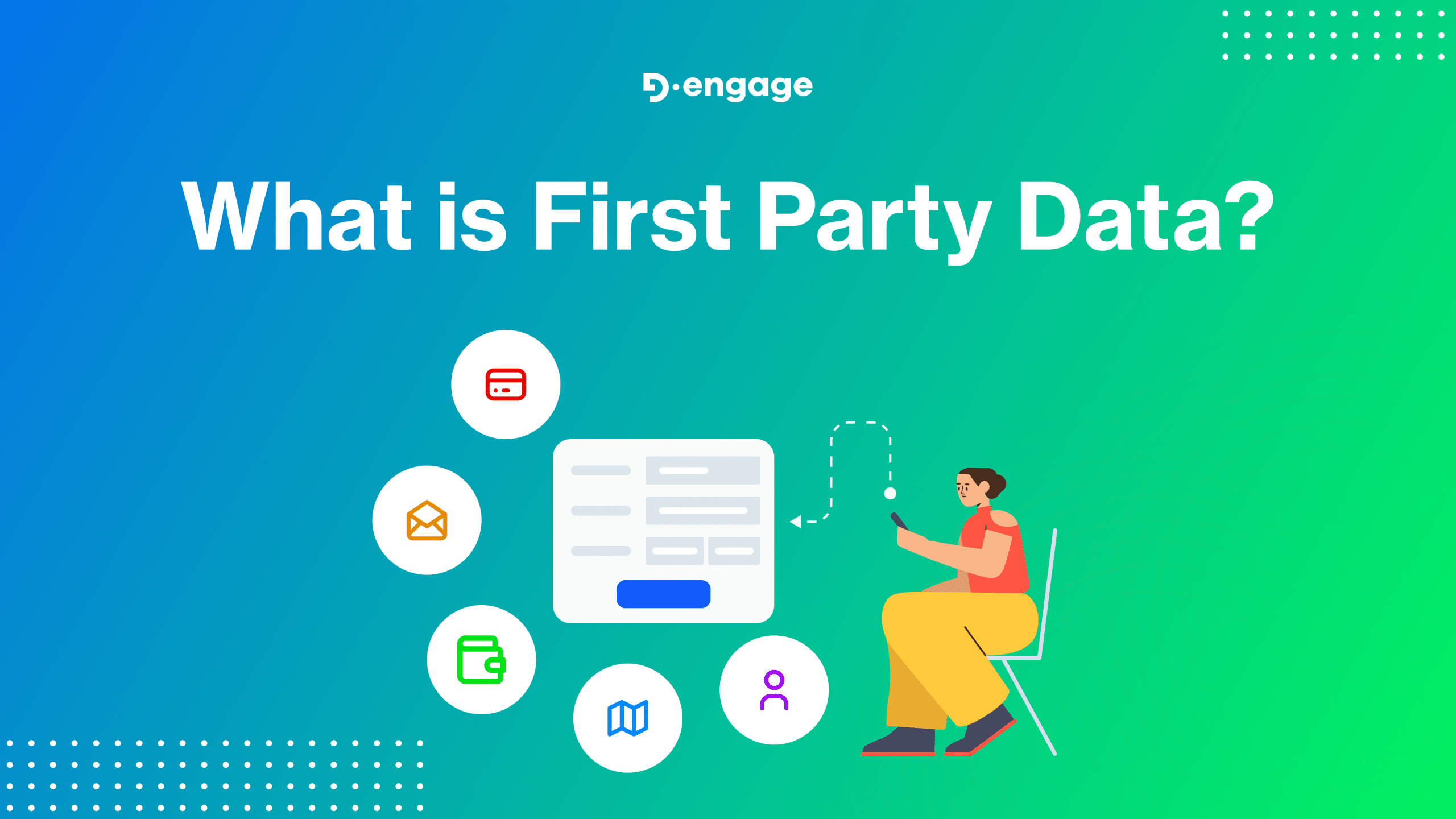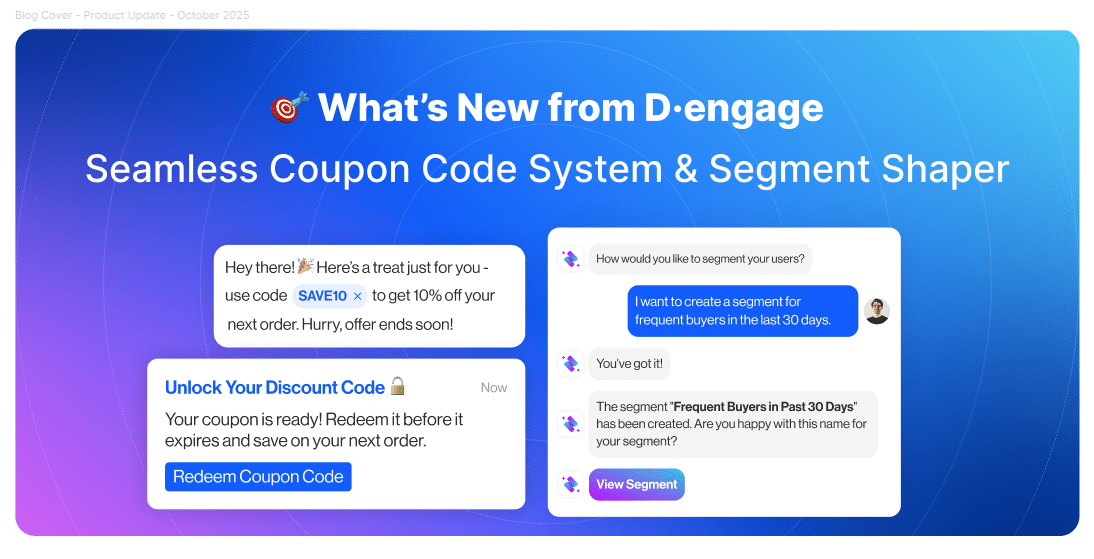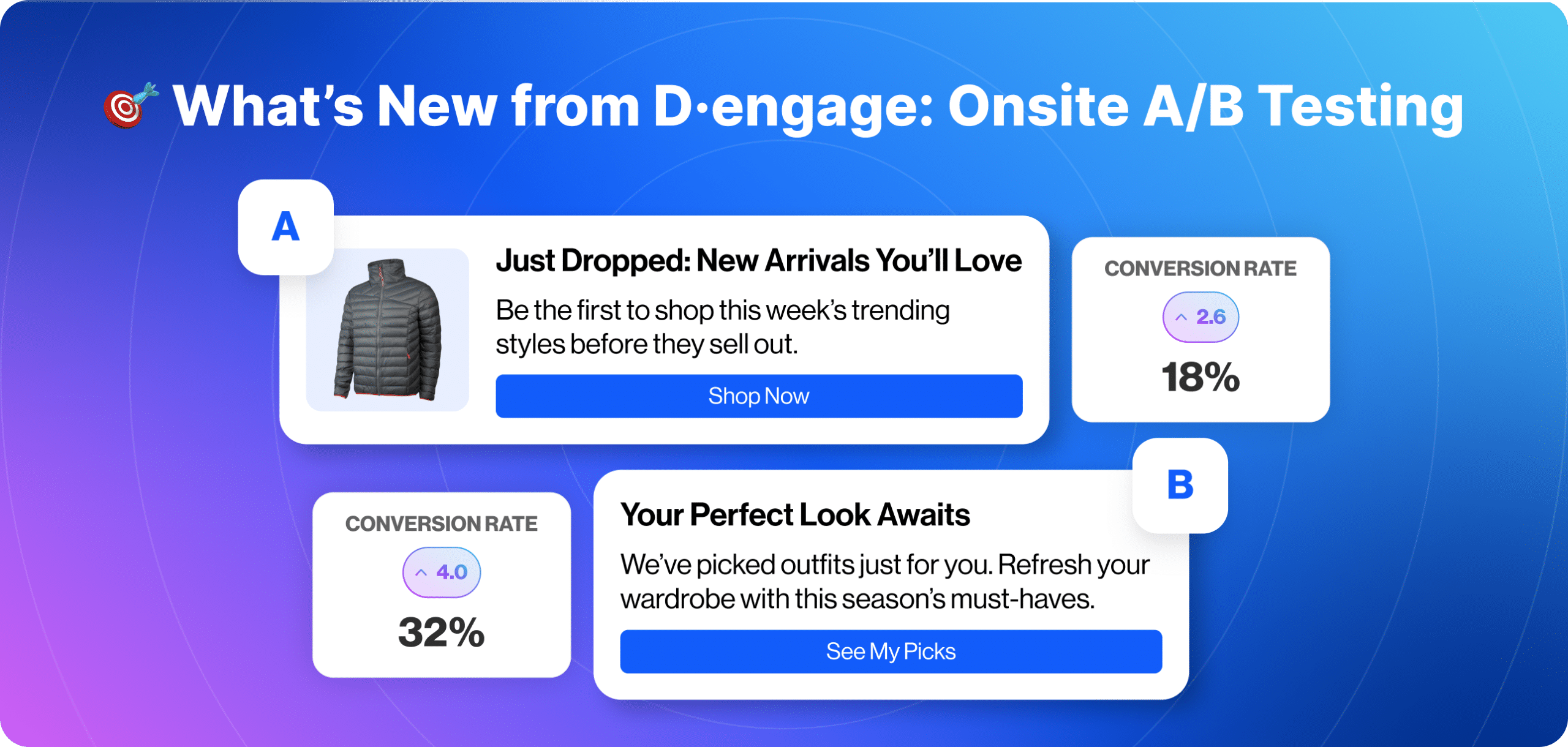In the fast-paced world of digital marketing, where every click, view, and interaction counts, businesses are constantly seeking ways to enhance their understanding of customers. One term that frequently pops up in marketing conversations is “first-party data.” But what exactly is first-party data, and why is it crucial for brands aiming to stay ahead in the digital landscape?
Unveiling the Essence of First-Party Data
First-party data refers to the information collected directly from individuals who interact with a brand across various touchpoints, such as websites, mobile apps, social media platforms, and offline channels. It encompasses a treasure trove of insights, including demographics, browsing behavior, purchase history, preferences, and engagement patterns.
For companies like D·engage, a leading Marketing and Messaging Software as a Service (SaaS) provider, leveraging first-party data is akin to peering into the minds of customers. By harnessing this rich reservoir of information, businesses can craft hyper-targeted marketing campaigns, personalize user experiences, and build lasting relationships with their audience.
The Rising Importance of First-Party Data
In an era marked by data privacy concerns and regulatory scrutiny, the significance of first-party data has soared. Unlike third-party data, which is sourced from external vendors and can be less reliable and transparent, first-party data is obtained directly from consumers, fostering trust and authenticity. This distinction is crucial, especially in light of evolving privacy regulations like GDPR and CCPA, which place greater emphasis on consent-driven data practices.
According to a recent study by SimilarWeb, 82% of marketers believe that first-party data is critical for achieving their marketing objectives. This sentiment is echoed by industry experts, who view first-party data as a strategic asset for driving customer engagement, personalization, and ROI.
Unlocking the Power of First-Party Data
Hyper-Targeted Marketing Campaigns
First-party data empowers brands to segment their audience based on granular attributes, such as demographics, interests, and past behavior. Armed with these insights, marketers can tailor their messaging and offers to resonate with specific audience segments, resulting in higher conversion rates and improved ROI.
Enhanced Personalization
Personalization lies at the heart of modern marketing strategies, and first-party data serves as the fuel for delivering tailored experiences across the customer journey. By understanding individual preferences and behaviors, brands can serve up relevant content, product recommendations, and promotions, fostering deeper engagement and loyalty.
Data-Driven Decision Making
In the realm of business, data is king. First-party data provides organizations with invaluable insights into customer preferences, market trends, and campaign performance. By analyzing this data, businesses can make informed decisions, optimize their strategies in real-time, and stay agile in an ever-changing landscape.
Industry Insights and Analysis
According to a report by Boston Consulting Group, companies that leverage first-party data effectively are 1.5 times more likely to achieve revenue growth than those that don’t. This underscores the transformative potential of first-party data in driving business success and staying competitive in today’s market.
Furthermore, 79% of marketers agree that first-party data is the most effective for increasing customer lifetime value, as highlighted in a study by Outgrow. This statistic underscores the long-term impact of cultivating rich, meaningful relationships with customers based on trust and relevance.
Embracing the Future of Customer Engagement
As we look ahead, the role of first-party data in shaping the future of customer engagement cannot be overstated. With consumers demanding more personalized experiences and regulators tightening the reins on data privacy, brands must prioritize ethical data collection practices and focus on building direct relationships with their audience.
In conclusion, first-party data is not just a buzzword; it’s a strategic imperative for brands navigating the complexities of the digital landscape. By harnessing the power of first-party data, businesses can gain deeper insights into their customers, deliver personalized experiences, and drive sustainable growth in an increasingly competitive market.
So, are you ready to unlock the full potential of your data and revolutionize your marketing efforts? Let’s embark on this journey together, leveraging the power of first-party data to create meaningful connections and drive business success.



